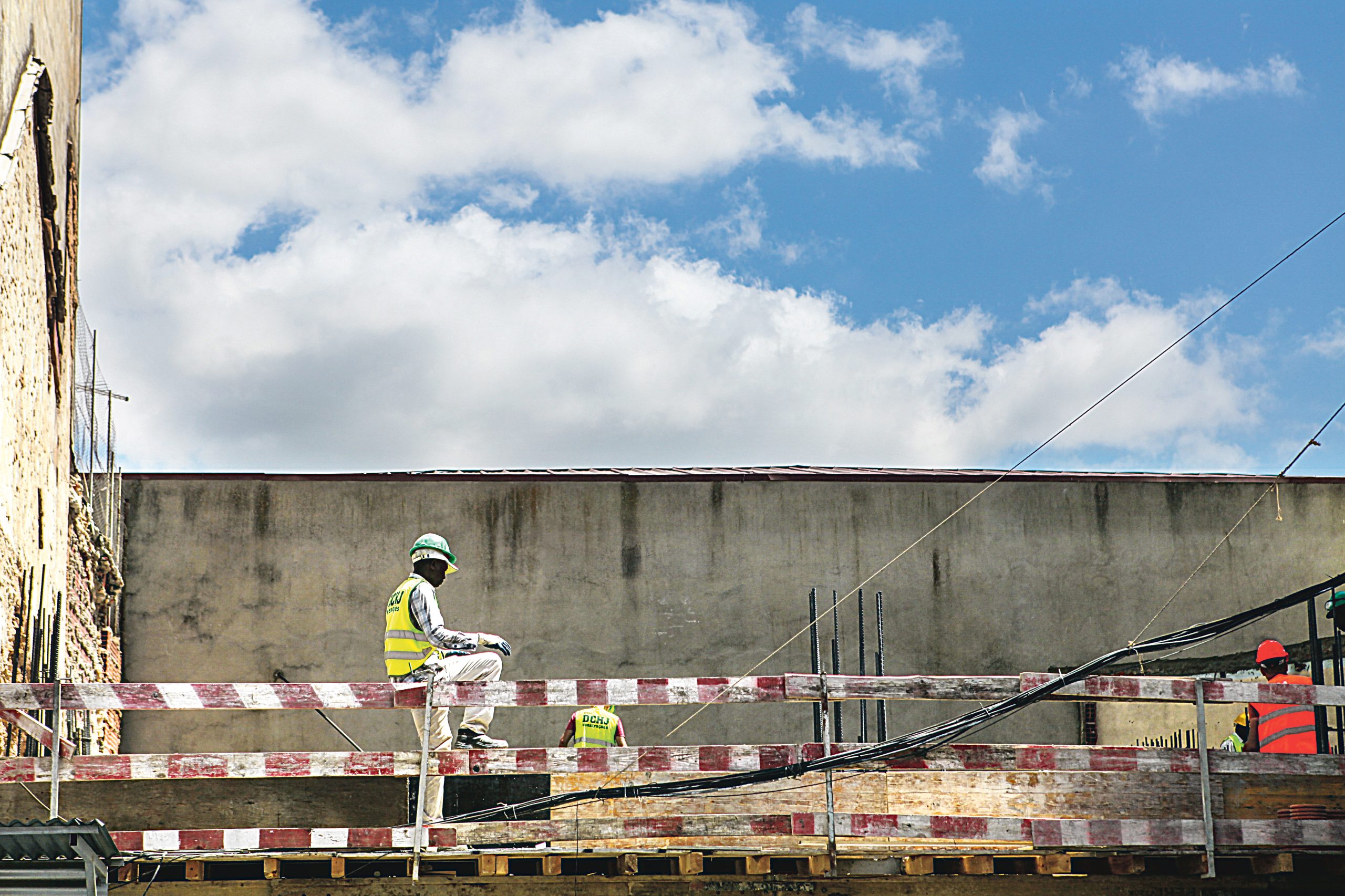Accessible housing in cooperative is again a reality in Lisbon

In a scenario of strong pressure on housing, the Lisbon City Council is making use of the resources it has to respond to the pressing needs of people.
We approved the first Lisbon Housing Charter that program the many empty and unused land and lots for decades, spread throughout the city, to build a potential of about 7,000 new housing.
To realize this program we advocate the complementarity between public production, private initiative and partnerships, in a system that allows you to increase accessible housing supply with the necessary speed and scale.
We imagined and implemented the Lisbon Housing Cooperative Program based on a formula in which the property is public, the construction cost is assumed by the private and the assignment of municipal land in surface law for 90 years is the basis of the equation.
After more than 25 years without the City Council to give surface law land to housing cooperatives, in the present term we assumed the challenge of giving new vitality to the cooperative movement in the city.
We launched the first contest for a building of 18 housing at Lumiar and we will present at a City Hall meeting the second contest – for a building of 12 housing in Benfica. In preparation are other projects that include 15 dwellings in the parish of Arroios, 21 in São Vicente and 23 in Santa Clara. In addition, we study many other land that total about 500 new dwellings in this model.
When giving land, the municipality allows families to organize themselves in cooperatives and build their homes, having a living for life for the value of the construction. This model not only makes housing more accessible, but a new sector dynamizes in which non -profit private cooperatives and companies have a central role, building lower than the Free Market.
In the Municipal Housing Charter we identified a potential of 9,000 accessible dwellings to be developed on municipal land, a number that represents the highest growth in the accessible housing supply of the last decade. Of this total potential, 2,000 dwellings are already in rehabilitation course (1800 completed) and 7,000, as I mentioned above, can be built: 3 thousand are in project or construction and 4 thousand, in our view, must be realized in partnerships – cooperatives or others – for accessible housing.
This is the model that we proposed to the city and we are realizing with great commitment, betting on building and rehabilitating buildings scattered around the city, avoiding the concentration in large neighborhoods that would become social ghettos.
In the current term chaired by Carlos Coins, Lisbon watched an important transformation in the way the housing policy is planned and executed. For the first time, the city has an ambitious, calendar, budget and programmed housing strategy, with 800 million euros investment for a decade to face the housing crisis.
Housing Councilor and Municipal Works of the Lisbon Chamber








